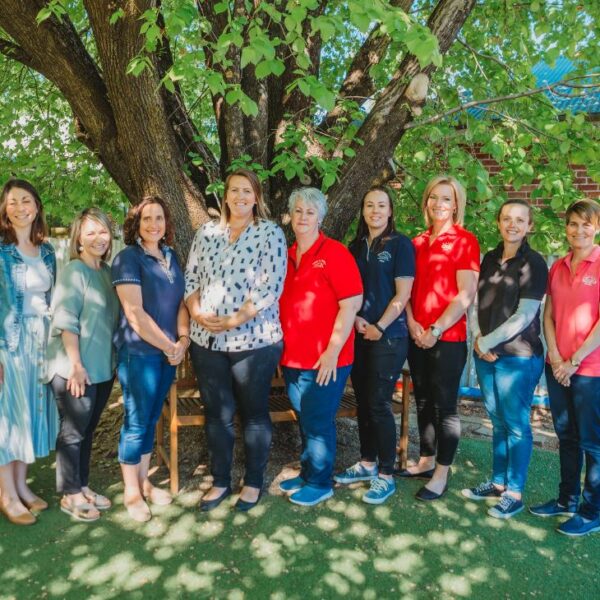ECU gets $3m grant to support Aboriginal children to reach their full potential

Edith Cowan University (ECU) has been awarded a $3 million National Health and Medical Research Centre (NHMRC) Clinical Trials and Cohort Studies 2021 grant which aims to give Aboriginal children the best possible start to life.
Over five years, the research team involved in the project will implement the Care for Child Development (CCD) program, which the World Health Organization and UNICEF have used to positive effect internationally.
CCD trains health providers to offer appropriate advice to caregivers on play, responsive stimulation, mother-child interaction, and maternal depression, starting from the first month of their child’s life. These interactions add 30 minutes to a routine infant health check, but could provide lifelong benefits for Aboriginal children.
“Almost one in three Aboriginal children start school in Western Australia with at least two developmental vulnerabilities,” explained ECU Director of Aboriginal Research Associate Professor Dan McAullay.
“The long-term effects of having poor early child development means children don’t live up to their potential. That then influences their educational attainments, and their social and emotional wellbeing going into adulthood.”
Despite this, there has been no primary healthcare-delivered early child development program starting in the first four weeks of life, something which Associate Professor McAullay and his team, which includes experts from King’s College London, Telethon Kids Institute, King Edward Memorial Hospital for Women, University of Melbourne and Murdoch University, will now implement.
The most recent CCD program trial overseas in Pakistan found it resulted in substantial improvements at 12 and 24 months in cognitive child development compared to children who hadn’t undergone the program.
WA’s CCD program will be included in regular health checks run by health staff and Aboriginal health workers in the child’s first year of life, ECU Kurongkurl Katitjin senior research fellow Dr Natalie Strobel added.
If the program is shown to be effective, there are commitments from our partners at the WA Department of Health to embed it as part of their standard care practice moving forward.
Pictured: Kurongkurl Katitjin building
Popular

Quality
Practice
Research
Crayola Creativity Week 2026 launches as research highlights strong link between creativity and confidence
2026-01-06 07:00:35
by Contributed Content

Research
New study finds social dominance preferences emerge in early childhood
2026-01-06 07:30:50
by Fiona Alston

Practice
Quality
Research
The transformative power of affection: How nurturing care shapes early childhood development in Guatemala
2026-01-07 07:00:56
by Fiona Alston














